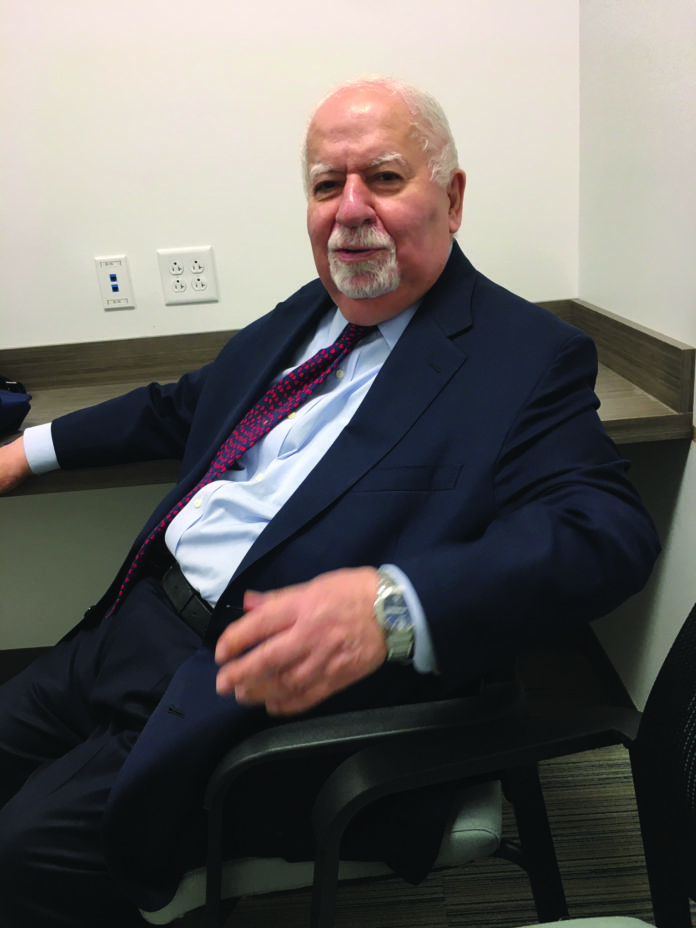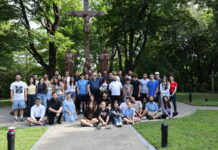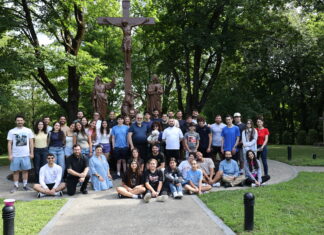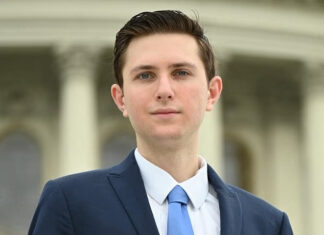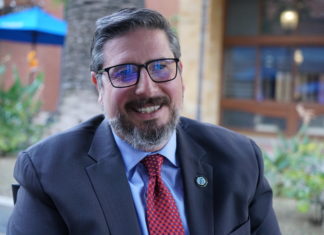BELMONT, Mass. — When Dr. Vartan Gregorian was here for the official grand opening of the new headquarters of the National Association for Armenians Studies and Research (NAASR) on November 1, which is named for him, he agreed to sit down for an interview.
During a wide-ranging discussion, he looked back on his achievements while discussing the new challenges he is relishing.
Gregorian, currently the president of the Carnegie Corporation in New York, has headed, taught at or sat on the boards of a dizzying array of top-tier institutions: University of California at Los Angles (professor) and University of Pennsylvania (provost); Brown University (president) and the New York Public Library (president). With the latter, he took on an immense challenge, bringing back the huge system from the depths of financial disarray and chaos and made it a glittering part of the city’s fabric.
He serves on the boards of the National September 11 Memorial and Museum, and the American Academy in Berlin and served on the boards of the J. Paul Getty Trust, the Aga Khan University, the Qatar Foundation, Brandeis University, Human Rights Watch, the Museum of Modern Art, and the Bill and Melinda Gates Foundation. And the list goes on and on.
And now, he is the co-founder with Dr. Noubar Afeyan and Dr. Ruben Vardanyan, of the Aurora Prize for Humanity, an Armenia-based foundation which aims to pay forward the kind deeds of non-Armenians who reached out to help during the Armenian Genocide.
NAASR Calling



